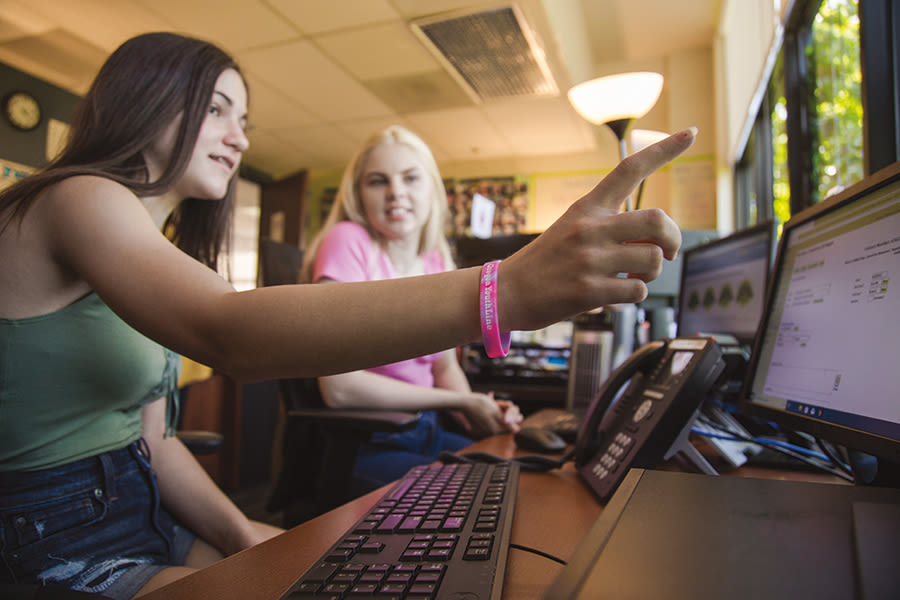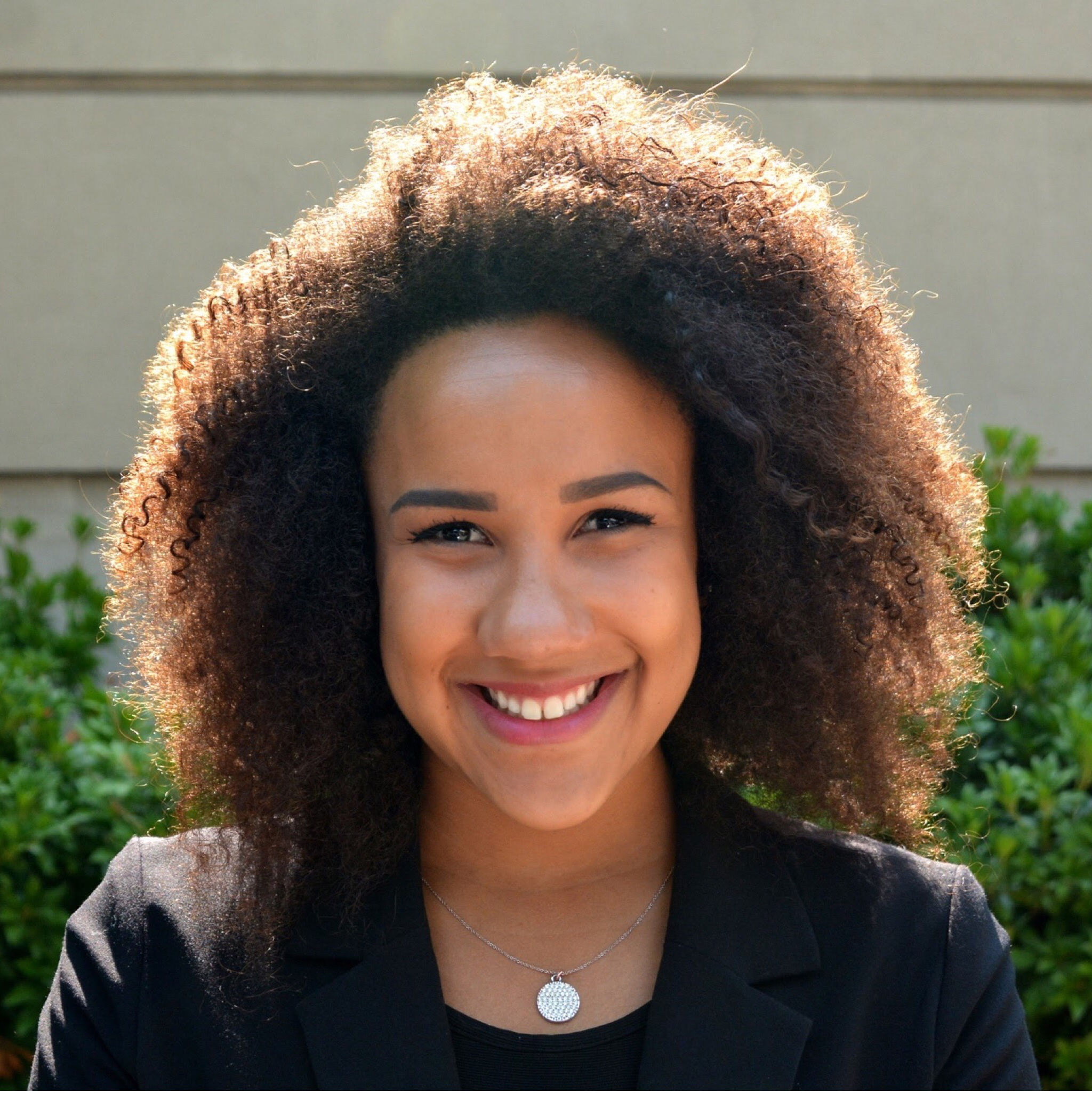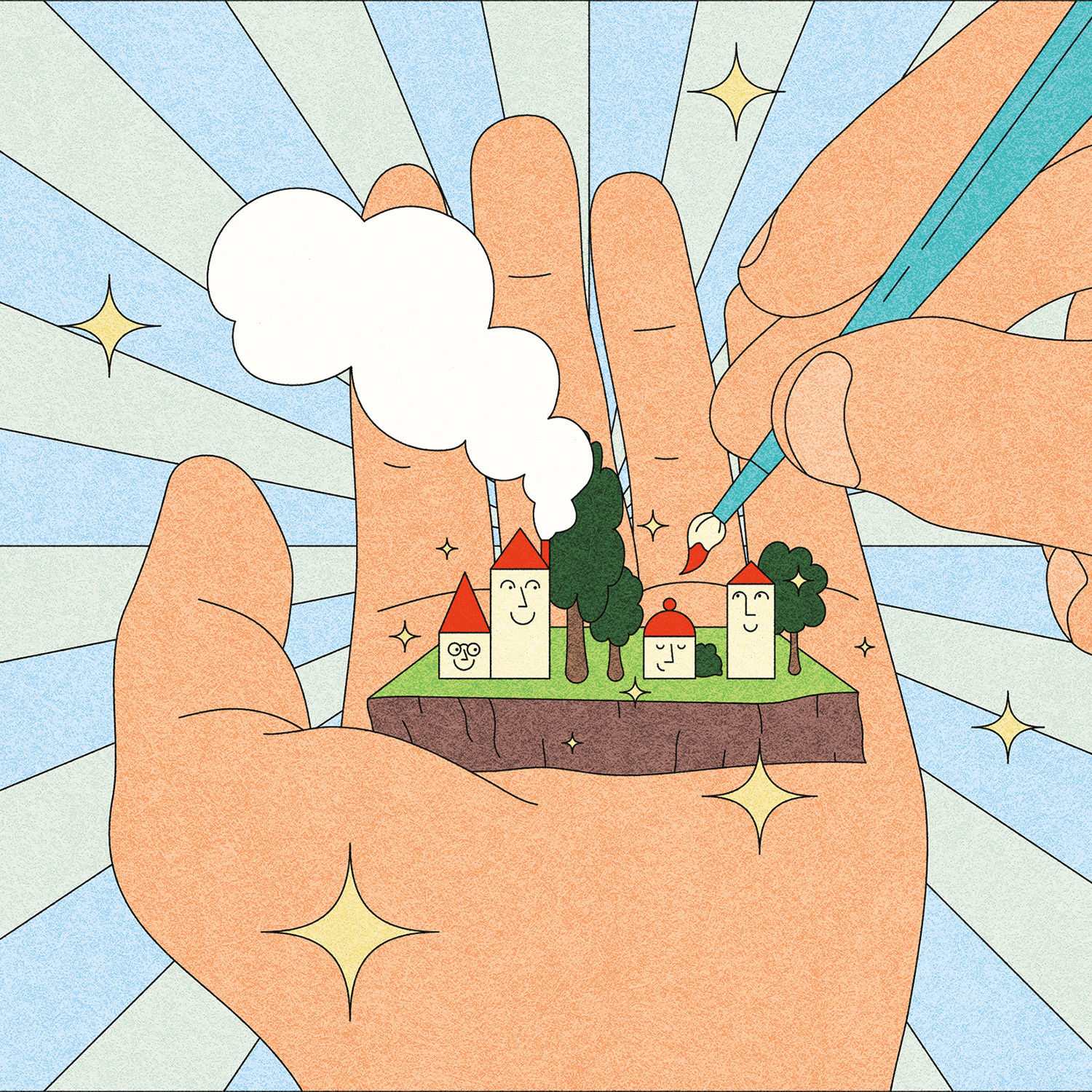How 4 Nonprofits Stepped Up in the Pandemic

Image: lines for life
In a time of challenge, these four organizations stepped up to help those most affected by the pandemic.
Virginia Garcia Memorial Health Center
For the migrant workers who labor in the Willamette Valley’s nurseries, farms, and vineyards, taking even an hour off work to get a COVID vaccine (plus recovery time from any side effects) is a threat to their very livelihood. So, starting in spring of 2021, the staff at the Virginia Garcia Memorial Health Clinic brought the vaccine to them via mobile clinics, sometimes offering such incentives as free food or gift cards. By fall, clinic staffers had fully vaccinated more than 27,000 people, each shot another step toward closing the persistent gap in vaccination rates between Hispanic/Latinx Oregonians and other residents. —Julia Silverman
Lines for Life
COVID-19 has brought its public tolls—the daily case numbers and hospitalization tallies—but its private miseries of loneliness and grief are virtually uncountable. The folks at Lines for Life have spent the past 20 months helping Portlanders process all of it. On their hotlines, which are affiliated with a national suicide prevention group, you can find a 24-hour empathetic ear, whether you are a teen struggling with a world that’s shifting beneath your feet or a homebound senior isolated from family and friends. Mental health referrals, help with drug and alcohol counseling, and the emotional support we’re all craving and don’t always know how to ask for are just a phone call away. Next up, in 2022: helping with the mid-July nationwide launch of 988, the mental health world’s long-awaited, easy-to-remember answer to 911. —JS
Blanchet House
Already accustomed to serving more than 1,000 hot meals a day, Blanchet House transformed overnight when COVID ended sit-down dining. “In less than 24 hours, we mobilized to serve to-go meals out our doors,” says Julie Showers of the Old Town-Chinatown nonprofit, which rounded up food from suddenly closed restaurants and harnessed the services of furloughed chefs to keep serving hot meals—to close to double the number of people. It also instituted new programs to let people volunteer from their own homes, assembling sack lunches and care kits with essential hygiene items. —Margaret Seiler
APANO
The Asian Pacific American Network of Oregon serves a community especially hard-hit in the past couple of years, and the 25-year-old Southeast Portland–based organization has responded with its own intensity: stepping up its anti-racism work in the face of hate crimes, distributing direct aid to small businesses and renters suffering financially in the pandemic, connecting a multilingual community with PPE and vaccine resources, and even cohosting vaccination events. “We started our work before the shutdown orders even came out,” says interim codirector Duncan Hwang. “People were fearful of visiting Asian restaurants, for example, from January 2020,” he says of the early signs of economic distress. —MS








